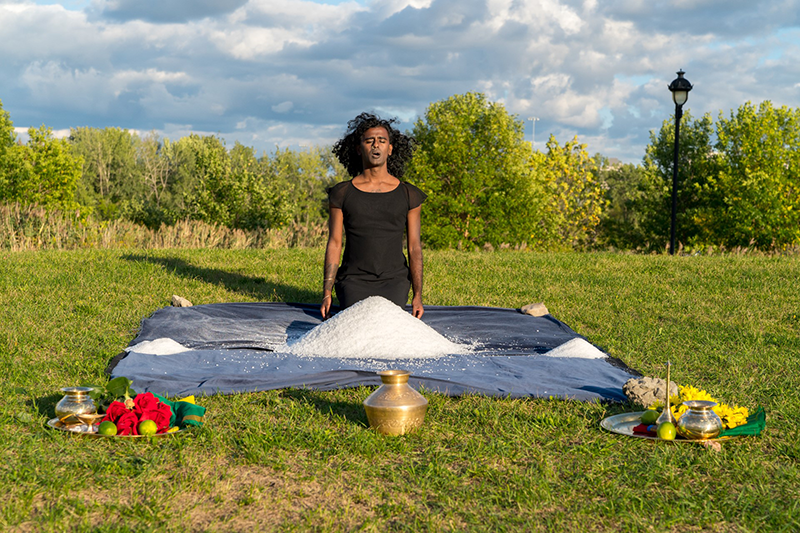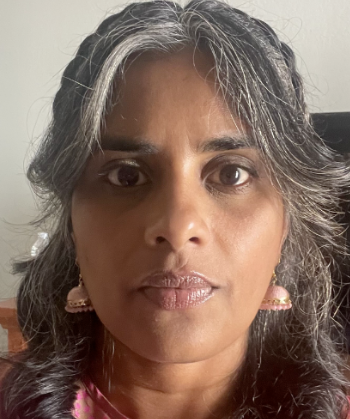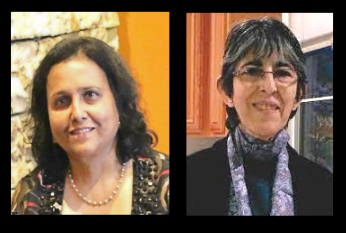Ashby Dialogues
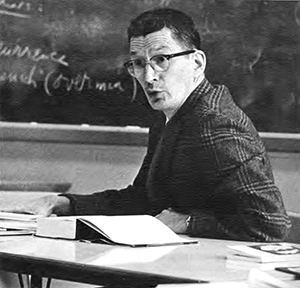
The aim of the Ashby Dialogues is to implement the vision of the late Warren Ashby that the University should be a community of inquiry, with faculty and students engaged in the pursuit of understanding both in and out of the classroom.
Apply For 2024-2025
Applications are invited for grants to support informal programs of interdisciplinary inquiry involving both faculty and students during the 2024-2025 academic year. The application deadline is May 8, 2024.
Each dialogue group will consist of approximately 10-15 faculty and students, representing at least two academic departments, who agree to meet at least once a month for 2-3 hours. The meetings will provide the opportunity for informal but focused inquiry into some topic or issue of mutual interest. The group may agree to meet for a single semester or for the whole academic year. Possible formats for the dialogues might include, but are by no means limited to:
- discussion of a series of readings, performances, or works of art that are united by some theme;
- sustained examination of a single important book;
- an investigation of the social or political implications of a recent event;
- an analysis of the public policy consequences of a scientific discovery or project.
Spring 2024:
Indian Ocean Winds
Hosted by the Ethiopian and East African Indian Ocean Research Network, part of African American and African Diaspora Studies.
Events
April 10 – 11, 2024
Kama La Mackerel
April 10: “Offerings to the island body and water memory,” a performance lecture
April 11: Discussion of Zom Fam poetry collection with the author
March 11, 2024
Shobana Shankar
AFRICAN-AMERICAN DISCOVERIES IN INDIA: WHO MAPPED THE GLOBAL BLACK DIASPORA?
January 19, 2024
Behroze Shroff
and
Shihan de Silva Jayasuria
BOOK TALK Legacies of Trade and Empire: Breaking Silences
Ashby Dialogue Series Fall 2023
Emergent Pathogens and Globalization: Past and Present
The UNCG Biology department held a series of public discussions and talks, featuring Dr. Xiang-Yang Han and Dr. Monica H. Green.
Fall 2023 Events
Thursday, October 19 @ 2:00 pm (Sullivan 3rd floor lobby) Eat, Meet, and Greet: Ashby Introduction
Thursday, October 26 @ 2:00 pm (Sullivan 3rd floor lobby) Reading Group Discussion: Evolutionary Genetics of M. lepromatosis and leprae
Friday, October 27 @ 3:00 pm (Sullivan 201) On The Age of Leprosy, Dr. Xiang-Yang Han
Thursday, November 2 @ 2:00 pm (Sullivan 3rd floor lobby) Reading Group Discussion: The Black Death
Thursday, November 9 @ 2:00 pm (Sullivan 201 / Virtual) A Diabolus ex Machina? On the Speed and Route of Plague’s Late Medieval Transit Across Eurasia, Dr. Monica H. Green
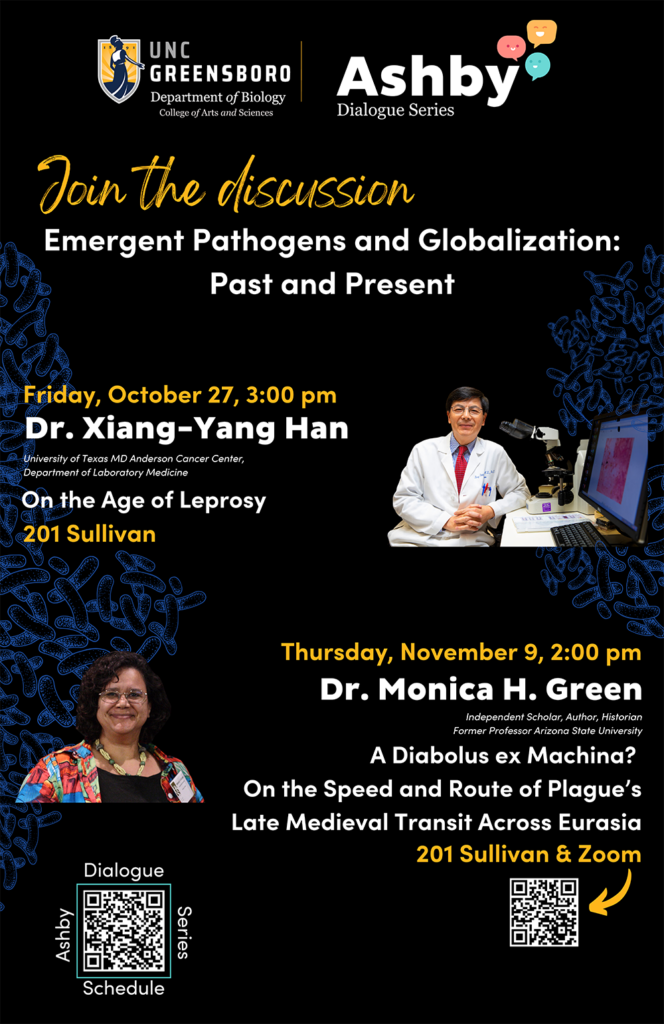
2022-2023 Highlights
QUEER “LINKS” TO ZELDA: DIVERSITY AND INCLUSION IN VIDEO GAMING CULTURES
In their Ashby Dialogues, the Network for the Cultural Study of Videogaming (NCSV) seeks to find “queer links” to diversity and inclusion in video gaming cultures. Through a series of meetings, lectures, and workshops, they will explore how reading one such popular game — The Legend of Zelda — can create space for inclusion and diversity in video gaming cultures.
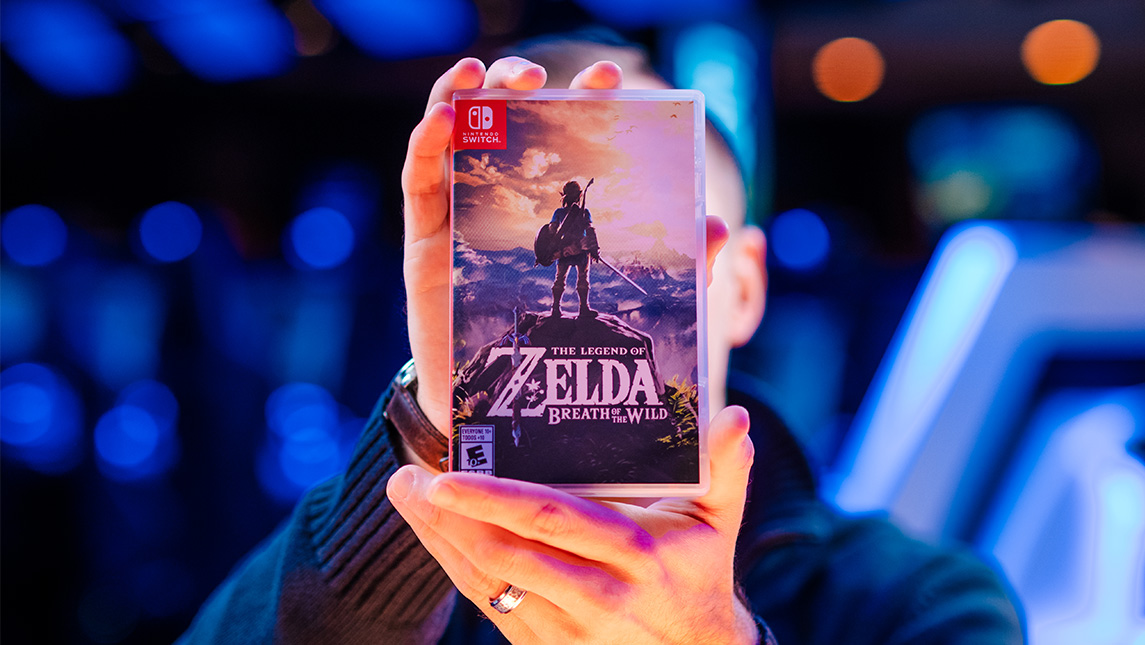
From February 24, 2023
Re-Balancing the Triforce: Gender-Bending and Cross-Dressing in the Legend of Zelda
LEARN MORE:
- Ashby Dialogues Explore Gender in “Zelda” Video Games (UNCG News, February 22, 2023)
Series History
The Ashby Dialogues were created to honor the late Dr. Warren Ashby, who died in 1985. They are planned to bring the community together for programs that embody Ashby’s belief that a university is “freedom in the search for and service of truth.” Ashby was chairman of the Department of Philosophy from 1949-68. He was director of the Honors Program on campus from 1966-69 and was director of the Residential College 1970-76, during its early years. He was acting head of the Department of Religious Studies 1976-78 and was a professor in the department from 1978 until his death.


105 Foust Building
P.O. Box 26170
Greensboro, NC 27402
